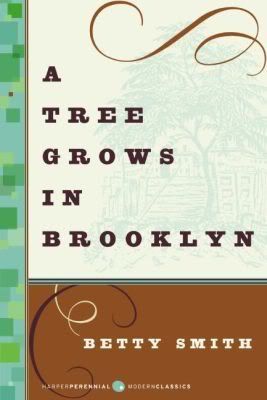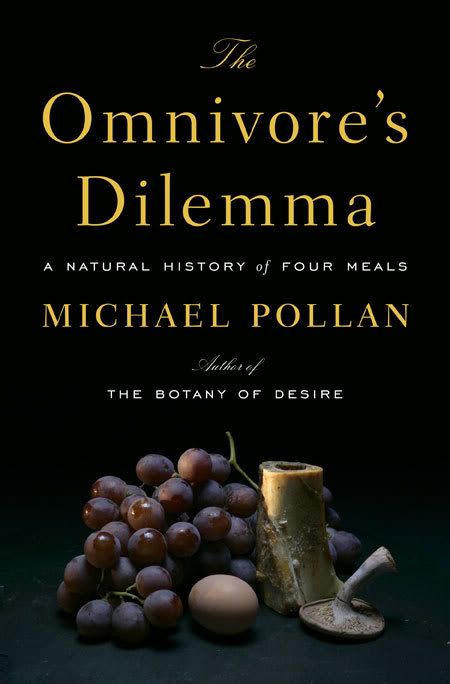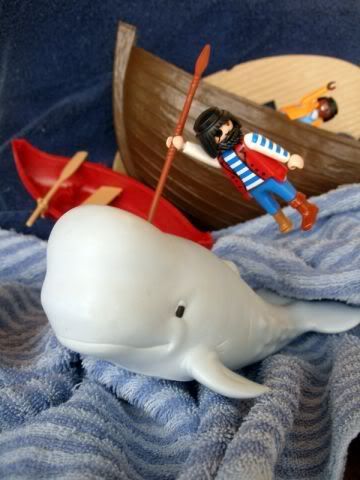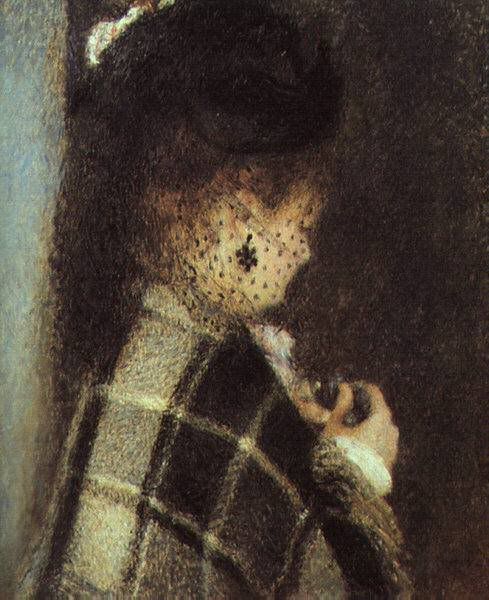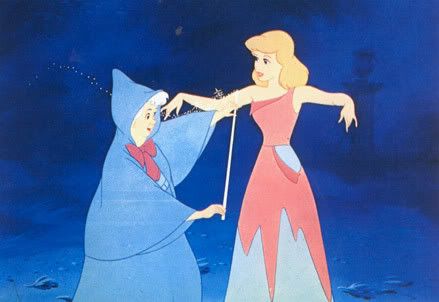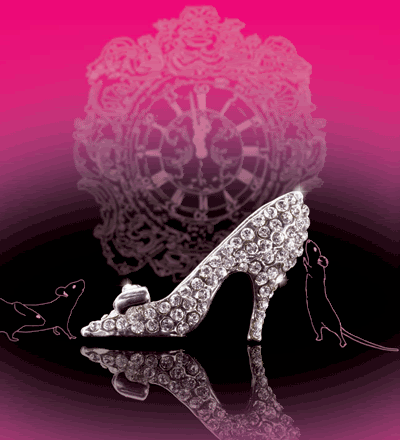"Ah, man, what a dreamboat," sighed Dean. "Think if you and I had a car like this what we could do....Yes! You and I, Sal, we'd dig the whole world with a car like this, because, man, the road must eventually lead to the whole world. Ain't nowhere else it can go--right?"
I really didn't think I was ever going to finish
On The Road. It's not like the book is that long, it's just kind of dense and it goes at such a breakneck pace that I had a hard time keeping up with it.
Rumors that Jack Kerouac was on Benzedrine while writing this book don't surprise me at all, as I found out he wrote the whole thing in something like three weeks from journal entries and such. Kerouac himself claims he wasn't on anything except caffeine (in coffee form, I believe, not, you know, grinding up caffeine pills and snorting them or anything). Knowing as I do how tripped out people can get on caffeine, I guess I wouldn't be surprised if that really was the only stimulant he used. But he was definitely on
something, because this book is crazy.

Kerouac's book, as well as his character, Sal Paradise, bounce from one end of the continent to the other on borrowed money. The reader knows Sal is a World War Two veteran, going to school on the GI Bill, and many of his friends are veterans as well. However, other than that, the war is never mentioned.
Not to bring up Salinger again, but since Kerouac and Salinger were writing at the same time and had some similar experiences with the war and Buddhism, it's hard not to compare them in some way. Though Holden is a lot younger than Sal and was never in the war, both characters are totally disillusioned and frustrated with the previous generation. You won't see a lot of older people in
On The Road, and the few that are present (like Sal's aunt) are on the fringes.
The main difference between the two of them is that Sal is always surrounded by people. As in the scene where Dean and Carlo are talking about everything they're thinking, he might not be interacting, but they are still there and reach out to him from time to time.

Sal is a people person, for lack of a better phrase, and he says he loves everyone around him, because they're all crazy. Holden says he hates everyone except Phoebe and Allie, and whether that's really true or not, the fact that Holden thinks he hates everyone and Sal
knows he
loves everyone is a major difference between their characters.
But now that's way too much on Salinger again. Back to Kerouac. I think
On The Road is the answer to what all American heroes have been searching for since Huck Finn. Most American heroes want to go West, always West, and Sal does that -- he travels from New Jersey to Denver to San Francisco and back more times than I could keep track of. And I love how America seems too small, finally, for Sal and Dean, so they drive through Mexico, considering Mexico City the "end of the road."
NEXT:
A Tree Grows in Brooklyn



